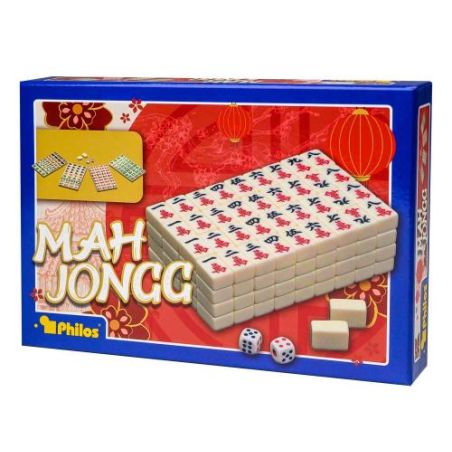
Domino Double 12 (Mexican Train) [Philos]
Restock
Restock





RESTOCK
Mientras esperamos la llegada de más unidades de este artículo, puedes desde ahora comprar y garantizar una de estas unidades. El tiempo estimado de llegada a nuestro almacén puede oscilar entre 1 semana y 2 meses.
Un pedido que contiene al menos un artículo "Restock" solo se enviará cuando esté completo, porque solo se incluye un envío.
Para recibires ahora otros artículos que tenemos en stock, te recomendamos realizar un pedido por separado.
Editorial Philos
Idioma




Dependencia del idioma (0-4) 0. Ninguna
Núm. jugadores 3 4
Tiempo de juego Entre 2 a 3 horas
Autor (Unknown)
Edad mínima 8
Temas Abstract Strategy
Mecánicas Hand Management, Set Collection
Restock
Última unidad en stock
Última unidad en stock
En stock
Última unidad en stock
En stock